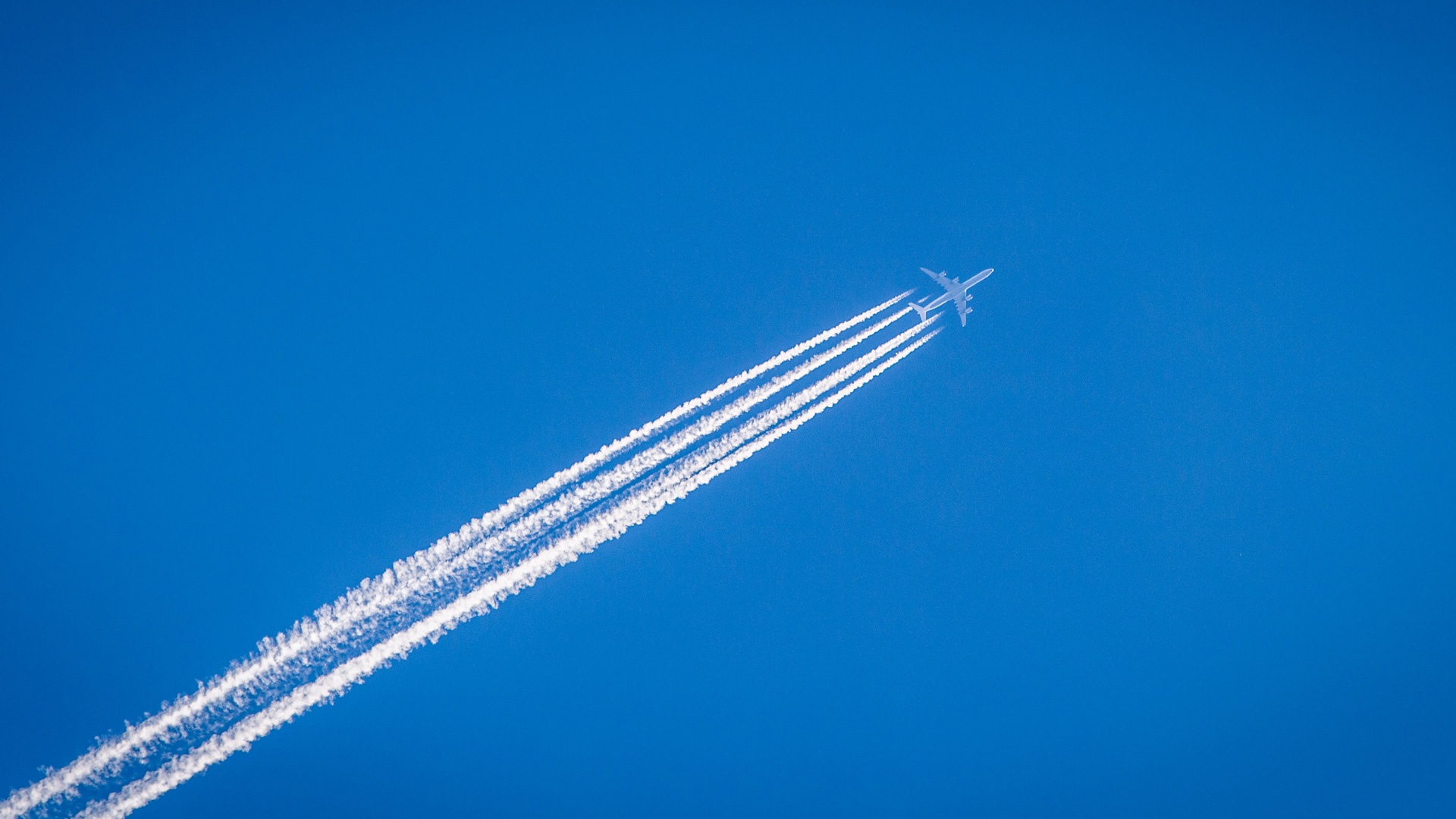The International Air Transport Association (IATA) has called for ""urgent action"" from the aviation industry to provide more data on the climate impact of aviation contrails to develop ""effective mitigation measures"".
Its
report called for greater collaboration between research and technological development, as well as recommending policy frameworks to assess the impact of aviation contrails. The report highlights the complexity of contrail science and the ""gaps in the understanding"" of how they form. It believes a greater provision of atmospheric data will facilitate a greater understanding on the non-CO2 emissions from contrails.
""The industry and its stakeholders are working to address the impact of non-CO2 emissions on climate change, particularly contrails,"" said IATA director general Willie Walsh. ""To ensure that this effort is effective and without adverse effects, we must better understand how and where contrails form and shrink the uncertainties related to their climate impact.""
The report made recommendations for the immediate, mid- and long-term. Walsh added: ""Formulating and implementing regulations based on insufficient data and limited scientific understanding is foolish and could lead to adverse impacts on the climate. That is why the most important conclusion from this report is to urge all stakeholders to work together to resolve current gaps"".
In its immediate term recommendations, through to 2030, the report prioritised the increase of airline participation in sensor programs, continued scientific research, and improving humidity and climate models. Its mid-term recommendations for the following decade recommended the establishment of standards for data transmission, as well as the continuous validation of models, and encouraging aircraft manufacturers to include provisions for meteorological observations. Its longer-term actions, from 2040 to 2050, recommended a continuous provision of data, as well as reliable and established models and infrastructure.

